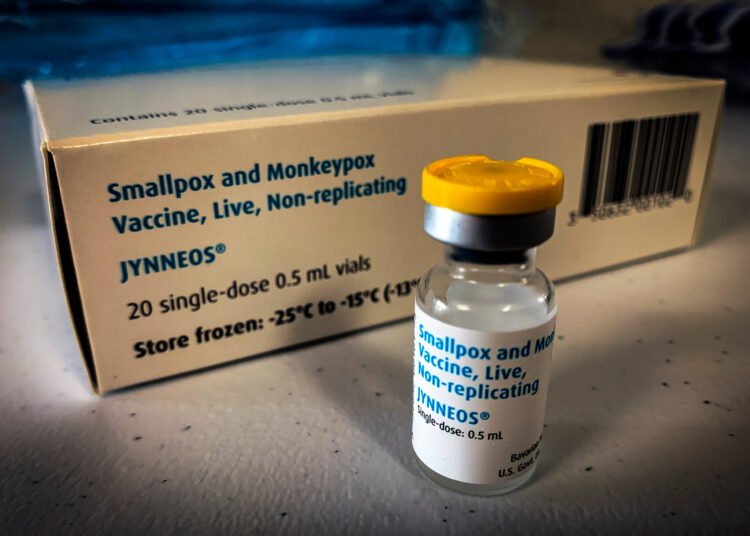The Minister of Health, Dr Joe Phaahla, is urging the public to be vigilant as the country has reported a laboratory-confirmed case of monkeypox disease, also known as Mpox.
The case involves a 35-year-old male, who resides in the Gauteng and tested positive on 9 May 2024.
The case was first tested by Lancet Laboratory, which was later confirmed by the National Institute for Communicable Diseases (NICD) and immediately notified the department.
According to the department, Mpox is a rare viral infectious disease in humans caused by the monkeypox virus (MPXV).
Although the virus is not highly transmissible from person to person, it has increased in global public health significance and can cause a painful rash, enlarged lymph nodes and fever.
According to the department, most people fully recover, but some get very sick.
The preliminary investigation and case findings report show that the patient has no recent travel history to countries experiencing an outbreak of the disease.
“Both the National and Gauteng Departments of Health have been actively involved and are managing the situation as per protocol and national guidelines. Contact tracing [is] continuing [to identify] any additional linked cases of Mpox in South Africa.”
Since 2023, there has been an ongoing Mpox outbreak in the Democratic Republic of Congo (DRC) primarily due to a distinct MPXV clade I.
The clade I, the department said, is characterised by its high virulence and has a higher fatality rate than the global outbreak-associated clade II.
“Additionally, transmission of MPXV clade I is mostly observed among heterosexual individuals through sexual transmission, particularly among female sex workers.”
Meanwhile, a new variant of the MPXV, named “clade 1b”, emerged during epidemiological week 16 of 2024 from 14 to 20 April 2024 in Kamituga, a mining enclave within the DRC.
“This variant exhibits heightened transmissibility, mainly through sexual contact, raising concerns about its potential to cause a pandemic.”
Mpox presents with an acute illness characterised by fever and general flu-like symptoms, followed by the eruption of a blister-like rash on the skin.
The disease is rarely fatal and cases typically resolve within two to four weeks. Most cases do not require hospital treatment.
According to the department, prevention of infection hinges on the isolation of cases until fully recovered.
The risk to the general population is considered low, given the low transmissibility of the virus.
The last reported cases of Mpox in South Africa were in August 2022.
The World Health Organisation (WHO) recommends increasing vigilance for cases with contact tracing and monitoring of laboratory-confirmed cases.
“Isolation of confirmed cases allows for the prevention of transmission and interruption of the cycle of transmission. Circulation of the MPXV in humans may be eliminated through this classic containment approach. Mass vaccination against the MPXV is not currently recommended.”






























































